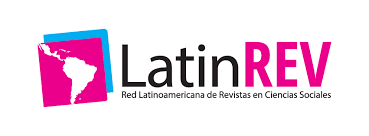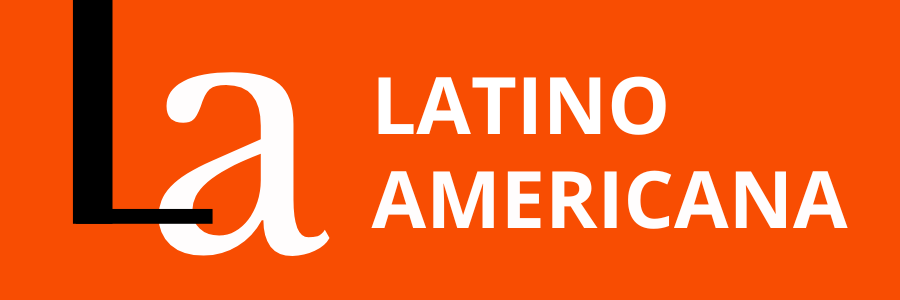Sustainable economic development under a social regime without ethical and moral precepts: Forensic auditing as opposed to corruption
DOI:
https://doi.org/10.62939/debehaber20236Keywords:
Forensic audit, crime, corruption, morals, ethics.Abstract
The objective of this study was to analyze how corruption through white crime influences sustainable economic development and, based on this analysis, to establish tools based on forensic auditing to mitigate these adverse effects. This study was based on a descriptive and quantitative nature where the questionnaire was the main method of data collection. Likewise, it was a non-experimental cross-sectional study, the population consisted of 165 managers and directors of public and private organizations in Lima, where the sample was consolidated by means of a non-probabilistic population-based census sampling of 165 directors and managers. It was demonstrated that there is a significant effect of white-collar crime on sustainable economic development (Chi-square=331.818), which led to establish alternative measures through a process manual based on internal auditing (this being a model of scarce application within the context analyzed) as an alternative to undermine these possibly criminal acts; likewise, the proposal addresses technical-technological tools to improve internal processes and money tracking.
Downloads
Downloads
Published
How to Cite
Issue
Section
License
Copyright (c) 2023 Debe-Haber Business Scientific Magazine

This work is licensed under a Creative Commons Attribution-NonCommercial-NoDerivatives 4.0 International License.














